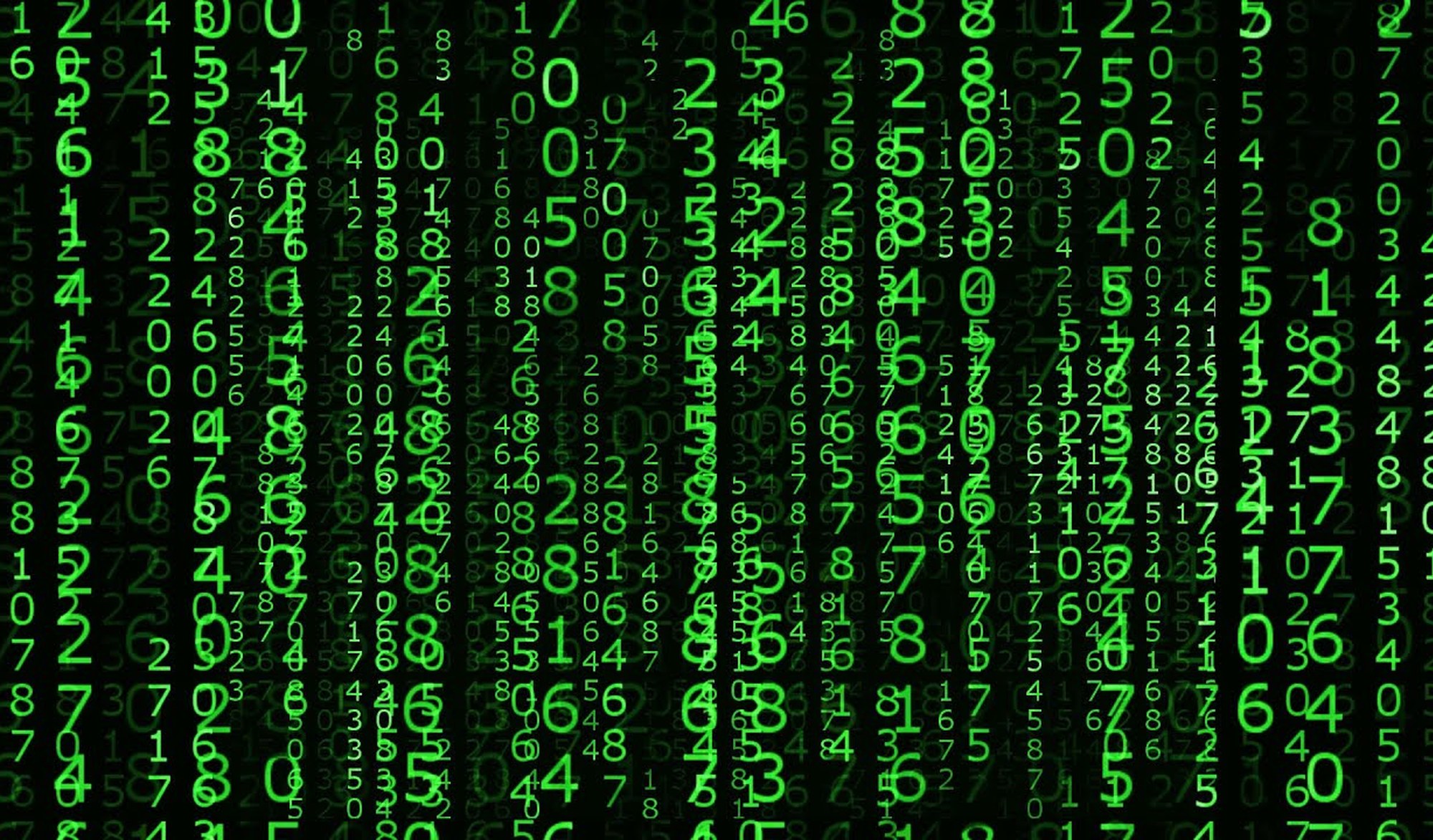Adiabatic Quantum Computing in Finite Time

Adiabatic quantum computing (AQC) is a form of quantum computing at the forefront of quantum technologies. Cutting-edge prototypes of quantum annealing devices have by now been developed (e.g. by D-wave) and explored by Google, NASA and LANL, among other companies and institutions. In essence, AQC exploits the application of the quantum adiabatic theorem to find the ground state of many-body Hamiltonians that encode the solution of a complex optimization problem of interest. Realistic annealing schedules in finite-time often lead to nonadiabatic dynamics and formation of excitations.
In this context, the understanding acquired from the nonequilibrium dynamics across quantum phase transitions provides useful heuristics to design strategies for efficient quantum annealing. The Kibble-Zurek mechanism constitutes a useful framework in this context and predicts that the density of excitations scales as a universal power law with the annealing time. This paradigm can however be extended to account as well for the full counting statistics of defects, i.e., the distribution of the number of quasiparticles generated as a result of the breakdown of adiabatic dynamics in finite-time quantum annealing. The project aims at characterizing this distribution and design schemes to control and suppress the formation of excitations, achieving Efficient Quantum Annealing in finite time.
